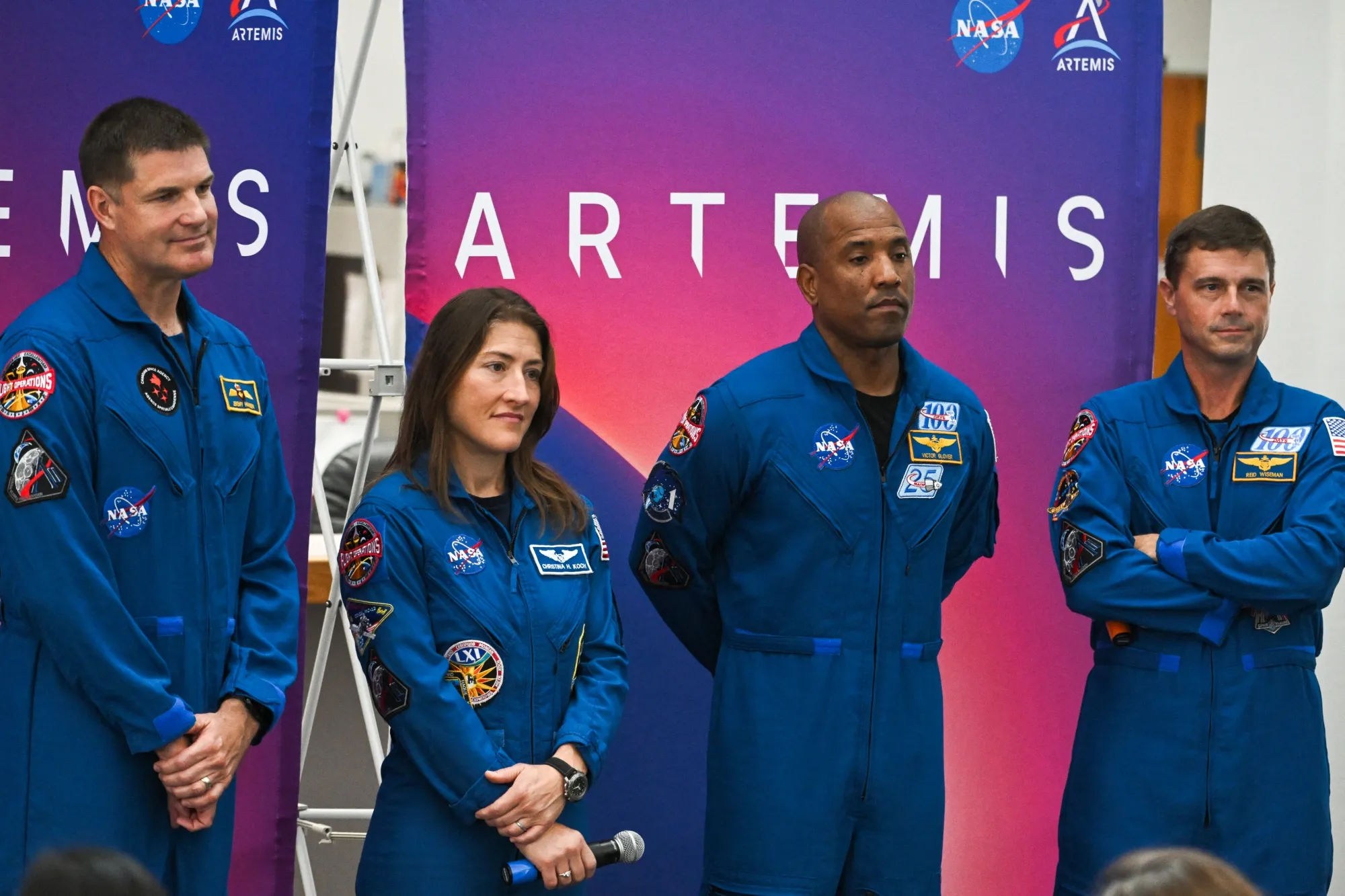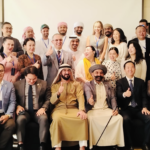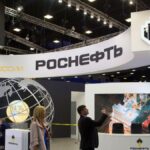NASA Tightens Rules, Blocking Chinese Participation in American Space Programs

NASA has implemented a new policy restricting Chinese citizens—even those holding valid U.S. visas—from participating in U.S. space programs, citing national security concerns and compliance with federal regulations. The decision reflects ongoing geopolitical tensions and a heightened focus on safeguarding sensitive technologies in the aerospace and defense sectors.
Background: Rising U.S.-China Space Competition
The United States and China are increasingly competing in space exploration, satellite technology, and related research. China’s rapid advancements, including the Chang’e lunar program, manned spaceflight missions, and its independent space station, have prompted U.S. policymakers to tighten oversight on foreign participation in domestic programs.
Federal regulations, such as the International Traffic in Arms Regulations (ITAR), restrict access to technology deemed critical for national security. NASA’s updated policy is designed to ensure compliance with these rules, particularly when it comes to sensitive data, advanced propulsion systems, and satellite communications technology.
The Scope of the Ban
The new restrictions apply to:
- Chinese citizens working in NASA facilities or on U.S.-led space projects.
- Individuals with dual U.S.-China nationality, depending on the nature of their work.
- Contractors and collaborators from Chinese institutions engaged in joint research initiatives.
NASA emphasized that the measure is not a blanket ban on collaboration with international partners, noting that many astronauts, engineers, and scientists from allied countries continue to participate in U.S. programs.
Reactions From the Space and Scientific Community
The policy has sparked debate among scientists, engineers, and international collaborators:
- Supporters argue that the move is necessary to protect U.S. intellectual property and prevent technology transfer to China’s military or strategic programs.
- Critics warn that restricting talented researchers could slow innovation and limit collaborative scientific breakthroughs.
- Some space policy analysts note that the decision may strain existing research partnerships, especially in areas like satellite technology, Earth observation, and deep-space missions.
Implications for U.S.-China Cooperation
While NASA continues to engage in multilateral programs such as the International Space Station (ISS) with other countries, the Chinese space program has largely been excluded from direct collaboration with U.S. agencies since 2011, following congressional restrictions.
This latest policy reinforces a broader trend of decoupling sensitive space technologies, raising questions about the future of global cooperation in areas like:
- Lunar exploration and potential moon bases.
- Mars missions and interplanetary research.
- Satellite communications and Earth observation networks.
Analysts warn that while the ban enhances national security, it may also push China to accelerate independent programs, increasing competition in both civilian and defense-related aerospace sectors.
NASA’s Perspective
NASA officials have framed the policy as a matter of risk management rather than political hostility. A spokesperson noted:
“Our top priority is ensuring that U.S. space programs remain secure while continuing to foster international collaboration with trusted partners. These measures align with federal regulations and are essential for protecting critical technologies.”
The agency also emphasized that collaborations with countries like Europe, Japan, Canada, and Australia remain unaffected, underscoring the selective nature of the restrictions.
Broader National Security Context
The move comes amid heightened scrutiny of Chinese nationals in U.S. research institutions, especially in sectors such as:
- Aerospace and satellite communications.
- Advanced materials and propulsion technology.
- Artificial intelligence and robotics applications in space exploration.
Congressional oversight committees have repeatedly cited the need to safeguard strategic technologies from potential misuse, framing NASA’s policy as part of a broader national security strategy.
Conclusion
NASA’s decision to block Chinese citizens with U.S. visas from participating in space programs highlights the growing intersection of science, geopolitics, and national security. While the agency aims to protect sensitive technologies, the policy also signals a tightening of international collaboration in an era of intense competition between the United States and China.
For the global space community, the challenge will be balancing security concerns with the benefits of open scientific exchange, as both nations race toward the next frontiers of exploration.

















